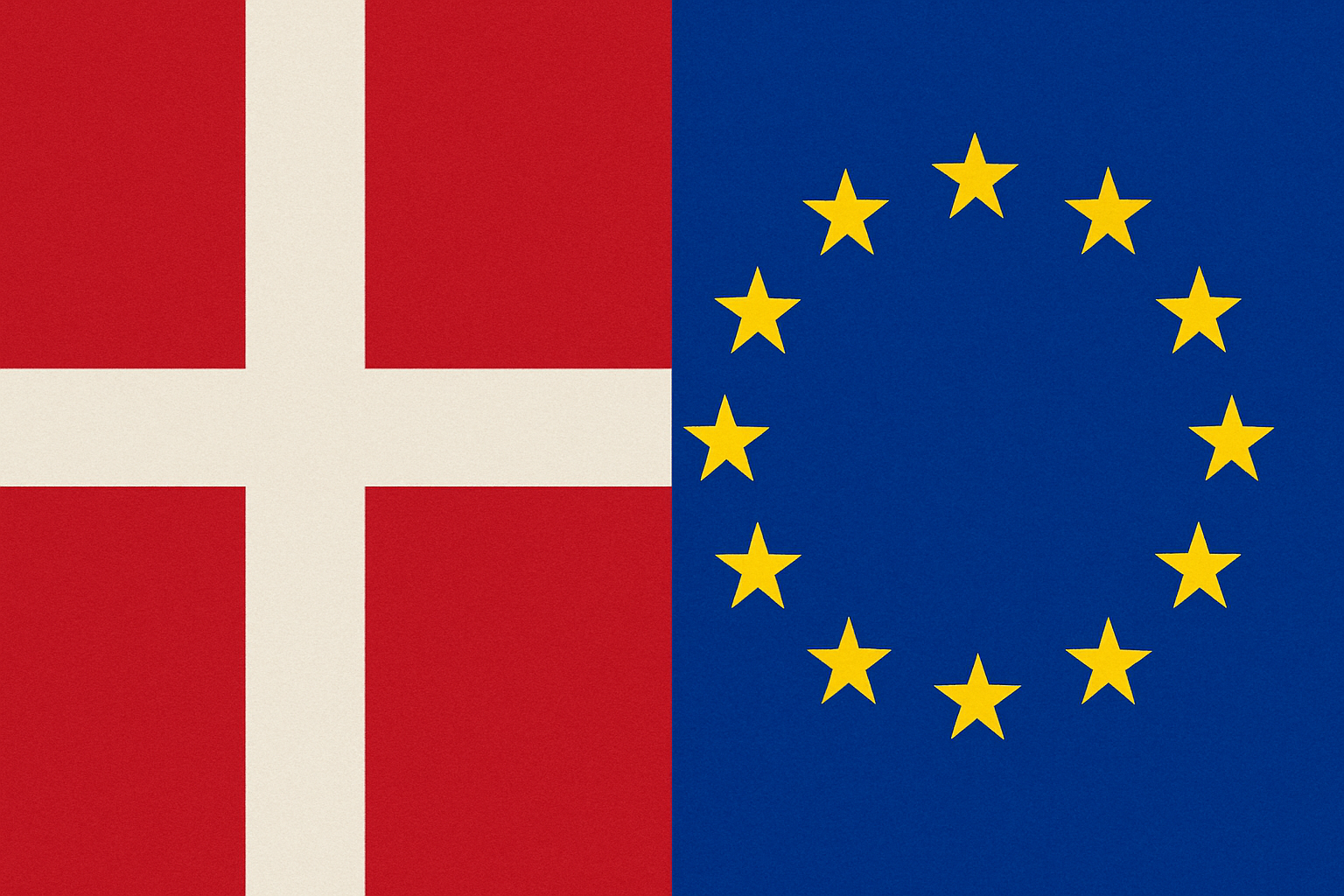EURATEX, alongside its Danish member organization Dansk Mode & Textil, has called on the Danish Presidency of the EU to restore stability and clarity to the European agenda. In recent months, global markets have faced significant upheavals, and there has been increasing uncertainty surrounding several key regulatory initiatives. This instability is causing widespread anxiety across European industries, especially in the textile sector. With lower demand for textiles and garments and a sense of hesitation among entrepreneurs, investment decisions have been put on hold.
The Danish Presidency now has a vital role in bringing confidence back to the EU. The Presidency is urged to establish clear timelines and a defined regulatory pathway, enabling businesses to make their investment and operational plans for the next five years.
Key areas where action is needed include:
- Circular Economy Act: Ensuring that the Act supports the demand for sustainable textile products and helps create a single market for textile waste. This includes defining end-of-waste criteria.
- Reform of the Union Customs Code: Expediting changes such as updating the de minimis threshold and expanding measures beyond the €2 handling fee for online parcels.
- Waste Framework Directive Implementation: Moving forward with the directive to allow for the harmonized rollout of Extended Producer Responsibility (EPR) schemes across the EU.
- Green Claims Initiative: Providing clarity on this important initiative to prevent greenwashing in the fashion industry.
- Mercosur Free Trade Agreement: Reviving the ratification process quickly, as European textile companies stand to benefit from the agreement.
- India Negotiations: Monitoring negotiations carefully to ensure a fair and comprehensive agreement, avoiding a rushed or partial deal.
- Energy Union: Advancing the Energy Union to lower energy prices for European manufacturers.
- Chemical Regulation (REACH Revision): Streamlining the regulatory framework to increase transparency and predictability, preventing companies from relocating outside the EU.
In these uncertain times, the EU must serve as a stabilizing force, particularly for the Danish fashion and textile industry. It’s crucial that the EU creates a level playing field and provides the predictability needed for investments. We hope the Danish Presidency will be a driving force in achieving this.
Thomas Klausen, CEO, Dansk Mode & Textil
Our textile companies face too many uncertainties. While the EU cannot solve them all, we expect leadership from the Danish Presidency in addressing these urgent issues. Time is of the essence if we are to preserve the competitiveness of our industry.
Dirk Vantyghem, Director General, EURATEX
The Danish textile and clothing industry plays a central role in the national economy, contributing 87 billion Danish kroner annually to GDP and supporting 96,000 jobs. It accounts for six percent of total Danish goods exports.
Across Europe, the textile and clothing industry is a cornerstone of the local economy, employing 1.3 million people and generating €170 billion in turnover. With around 200,000 companies in the sector, it remains an essential pillar for many EU regions.
